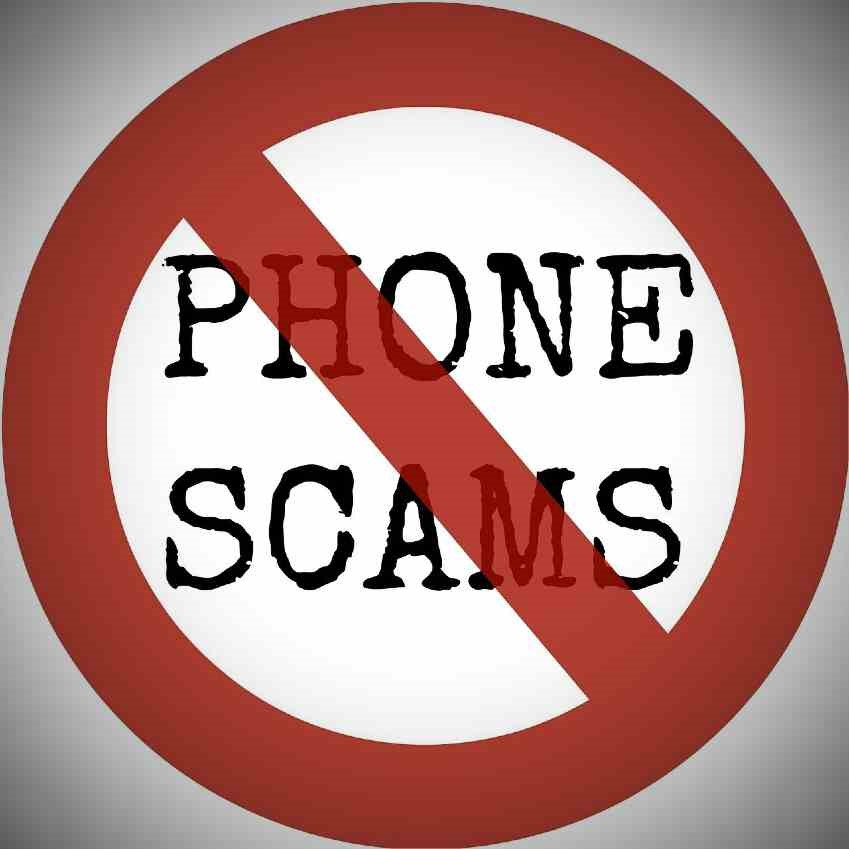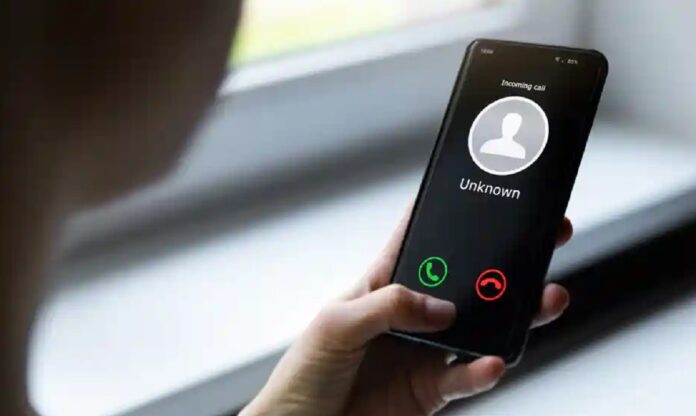Have you received a Delaware BPO Robocall with the following message: “Hello, this is Lisa from Delaware BPO calling you?” What’s new with you today? That’s fantastic news. We can facilitate you by handling calls for your company at a very low cost. . So, please answer yes if you’re interested in hiring us.” People on the internet have written unfavorable reviews about these types of calls. They will attempt to deceive you. However, we have no way of knowing whether the call is genuine or not. So, it’s safe to ignore it.
Further, we are going to discuss it in detail. So, we can help you to keep safe yourself.
What is the Delaware BPO RoboCall?

The Delaware BPO Robocall is a scam. And this type of scam pops up from time to time. However, It is an automated call. It convinces the users to add specific information. If someone falls into the traps, then this company will charge them a large expense. And it is a scam they will not provide any kind of services.
Delaware Bpo Robocall Numbers
It’s just a telemarketing fraud with a few modern tricks thrown in. The source of this fraud is mainly unknown. However, we have little information on the people behind it. The following are some of the numbers that have utilized in this scam.
- 855-918-3726
- 1-855-447-0700.
- 18669268442
- (800)787-6847
Firstly, we will suggest you use any spam filtering services. If not, you can personally block these numbers. Remember that it is preferable to prepare than to regret your actions later.
Read Also: MySNHU: Want To Get A Simple Guide To Access SNHU Login Portal?
How Should You Deal with a RoboCall?

- Firstly, don’t say “yes” to anything.
- Many Delaware bpo robocall scams start with a question such as “Hello, can you hear me?” Listeners may unconsciously answer “yes.” So they can store your answer as a confirmation, and utilize it for illegal purposes. As a result, whenever possible, avoid saying yes.
- Don’t reply to the bot’s suggestions.
- Robocalls may ask you to do things like “press 1 to speak to a live representative” or “hit 2 to unsubscribe”. By following the instructions you confirm to the robocallers that you are a possible victim. And welcome further robocalls by following the instructions. Do not take any action.
- Please report the call.
- You can report the robocalls to the Federal Trade Commission at donotcall.gov in the US. You can assist the FTC in tracking down the scammers behind the call. For this, you have to report the number that displays on your caller ID. The FTC will expose the phone numbers you report to the public. This will helps the phone companies and other partners who are developing call-blocking software. Reports also help police departments in identifying those responsible for criminal phone calls.
How to Get Money Back from Scams?
Telemarketing theft and other sorts of online frauds have emotional as well as financial effects. People who have lost money to scammers typically have a difficult time dealing with the amount of information available to them. Furthermore, the recovery process is complex. Also, it will be hard to handle it all on your own.
However, this does not prevent you from taking action. Please contact law enforcement teams if you have lost money to a fake platform. They will give you free advice and assistance with it all.
Tips to Avoid Delaware BPO Robocall and Emails
You can avoid phone and email fraud by following certain specific guidelines.
- As technology advances, hackers and scammers will have more opportunities to steal people’s personal information. The Delaware BPO Robocall serves as yet another reminder to maintain your data security for all devices.
- Most scammers’ main purpose is to get access to someone’s personal information. So, they can use it to utilize their money. If someone else obtains access to information such as your credit card numbers, bank account details, or passwords, you may be in great danger. So, never share these details with anyone.
- Please don’t click on any kind of link. Scammers can hack your device or data using these links.

